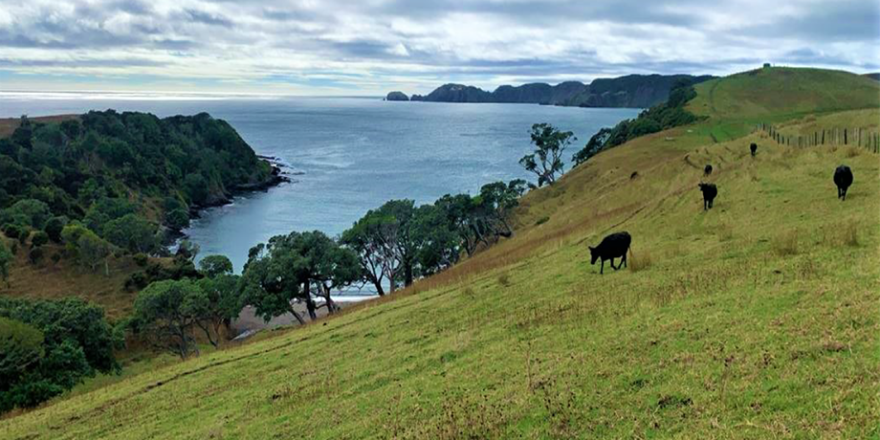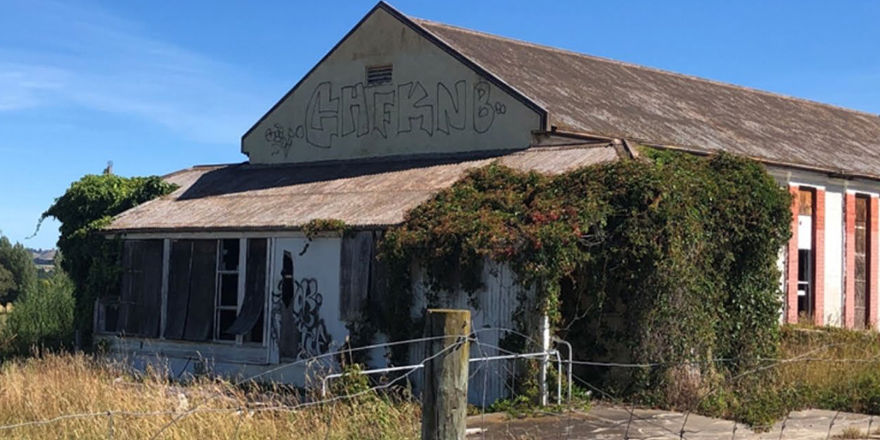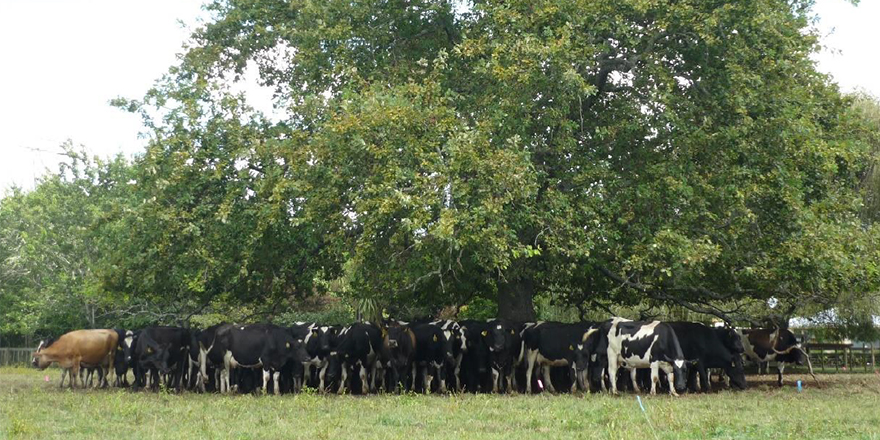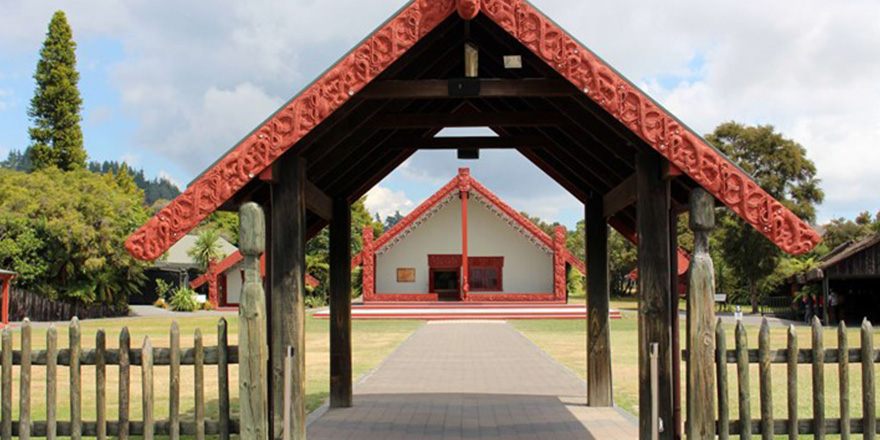
Executive Summary
A significant challenge presented in the 21st century, will be meeting the food needs of an exponentially increasing world population, and ensuring agriculture implements the principles of sustainable development.
There is evidence to suggest, observed from environmental research such as the Climate Change Councils’ report (A low emissions future for Aotearoa, 2021), that agriculture contributes to environmental concerns, such as water quality and greenhouse gas emissions. This has been met with fierce resistance from agricultural lobbyist groups such as, ‘Groundswell Aotearoa’ and ‘50-Shades of Green’ whom promote the significant role that agriculture plays in supporting the growing demand for world food and concurrently highlighting agriculture’s significant economic and socio-economic contribution to Aotearoa, achieved through domestic and export revenue from meat, fibre and milk, in addition to the significant employment opportunities generated through these primary industry supply chains. What if, there was a way we could achieve both essential objectives?
This project explores the evolving landscape of Northland hill country farming, highlighting the current position of Northland hill country sheep and beef farming, the significant uptake of forestry competing with the sheep and beef industry for land-use on these hills, and the opportunity for integration of these industries to collaborate in meeting both our environmental, economic, and socio-economic objectives. The implication for landowners, is that the decisions we make today, will not only initiate short-term change, but may also present long-term and inter-generational implications that necessitate a need for holistic and well-informed decision-making process’.
Through my research project, it has highlighted:
- The need for hill country landowners to understand their whole farm system, including specific strengths and limitations of land, the relative profitability of all land classes on their property, and the logistical role each hectare of land plays within the business.
- Integrating indigenous and exotic forestry regimes on hill country can provide improved financial resilience, profitability, and environmental benefits with well-planned and well-executed management advice.
- Understanding your resources and the relative profitability of various land classes provides economic insight, however a need for more holistic considerations such as environmental and socio-economic implications should be adopted.
- Hill Country Farmers are going to have to continue to adapt their farming operations and become more financially and environmentally resilient through a multi-faceted continual improvement process in productivity, achieved though decisions such as genetic merit of livestock and stock classes, as well as adaptation to policy implementation and awareness of their environmental obligations under Kaitiakitanga.
My recommendations to hill country landowners are:
- It is imperative that any landowner considering land-use change engage industry expert advice to understand what the implications of land-use change decision may present to their business to encompass; financial, environmental, logistical, and socio-economic implications of change.
- Hill Country Farmers must continue to adapt and become more financially and environmentally resilient through continuous improvement in productivity achieved with improvements in areas such as the genetic merit of livestock, stock class & policies, as well as adaptation to policy implementation and awareness of their environmental footprint.




